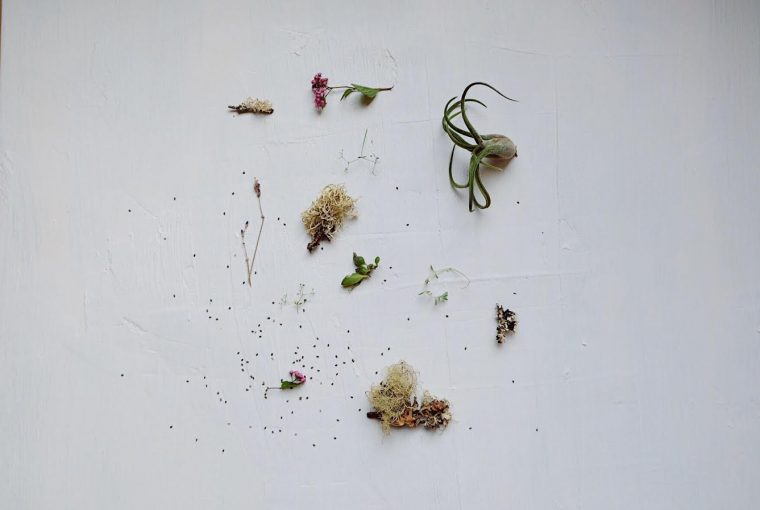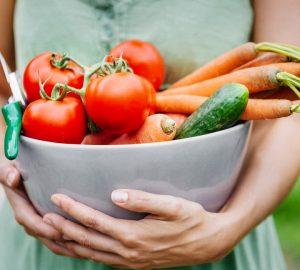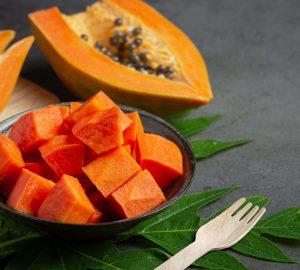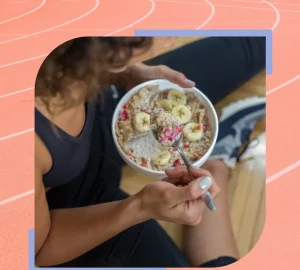Microbiome is the new black in the wellness community, so what do you need to know?
WHAT IS THE GUT MICROBIOME?
The gut microbiome is an ecosystem of trillions of bacteria, viruses, fungi and more, living and working for you in your gastrointestinal tract. Turns out there is more bacterial DNA in your body than your own DNA from Mom & Pops! That makes us walking, talking, bacterial homes. We provide this massive population with a place to live, eat and thrive, and in return they do a lot of the heavy lifting in our digestion, create some of our essential nutrients and provide us with immune protection.
WHAT IS GUT DYSBIOSIS?
So, what’s the problem? It seems we have done a great deal over the years to demolish this ecosystem, without even knowing it. Things like antibiotics, chemicals in our food, being overly sterile, C-section births and a lack of breast-feeding have left us with what is called GUT DYSBIOSIS – an imbalance in the microbiome. The most obvious symptoms are commonly digestive – constipation, diarrhea, bloating, and gas – but given that 80% of our immune system surrounds the gut, dysbiosis has been shown to be linked to many chronic diseases.

WHAT CAN YOU DO?
Don’t despair! Here are 10 ways to balance out your bacterial rainforest:
1. RECONSIDER ANTIBIOTICS
Do you reach for a prescription at the slightest sign of a sniffle? I am not recommending you disregard the doctor’s orders, but perhaps we could think twice before habitually dropping a nuclear bomb our gut bacteria.
2. ELIMINATE PROCESSED FOOD
Think Kraft Dinner, Cheez Whiz, Oreos and the likes. These products are filled with all sorts of chemicals that are in fact, not even food! Take preservatives, for example. Preservatives are basically antibiotics as they are designed to stop the microbial growth that would typically decay food and thereby decrease its shelf life. Preservatives in turn take a toll on your little gut microbes.
3. CUT SUGAR
Harmful bacteria and fungus like Candida Albicans love to feast on sugar, thereby growing in population, disrupting the balance in your gut ecosystem and hurting you. And those artificial sweeteners are no better – they also contribute to gut dysbiosis and may even disrupt your body’s ability to regulate blood sugar.
4. MANAGE STRESS
I know. You’ve heard this over and over and have started to block it out. But hear me out! It is either FIGHT OR FLIGHT or REST AND DIGEST, folks. When you are in a state of stress, your body directs blood flow to the areas critical for survival, and this does not include your gut. For short periods of time, like when you run into a bear on your hiking path, this is useful, but we have come to activate this response all day long. Not only can stress increase permeability in the gut, but studies show it is decreasing bacterial diversity, killing off the good guys, and making room for the harmful strains.
5. CONSIDER VAGINAL BIRTH
Babies get their first dose of microbes as they pass through the vaginal canal – talk about being set up for success! Having the choice to give birth vaginally is not always available, but if it is, this might be another reason to pass on a C-section.
6. TRY BREAST-FEEDING
Breast-feeding nurtures the growth and complexity of a baby’s microbiome. Research shows there is a complex carbohydrate in a Mother’s breastmilk that a baby cannot technically digest so, why is it there? It arrives in the gut intact and serves as a prebiotic, feeding baby’s gut bacteria. And let’s not forget the dose of microbes baby is getting from the skin contact and nipple!
7. AMP UP YOUR PREBIOTICS
Probiotics are all the rage but, how about prebiotics? These are non-digestible fibres that feed the bacteria in your gut. Experiment with foods like leek, artichoke, garlic and dandelion root.
8. EAT FERMENTED FOOD
Fermented food contains live microorganisms that act as probiotics, delivering a great natural dose of diversity to your gut microbiome. Add in kombucha, kefir, kimchi, sauerkraut and miso, and see how you feel.
9. EXERCISE
Here you have it, yet another reason to exercise. Studies show it can add to the diversity in your bacterial ecosystem and may balance the ratio of certain microbes that play a role in weight loss.
10. GET DIRTY
Have we taken cleanliness too far? Maybe. A quick and simple way to get some diversity is to go play outside in nature!
Author Bio
Angell Kelly, BSc.
Health Coach, Student at the Edison Institute of Nutrition, Graduate of the Institute of Integrative Nutrition – 403.404.7868 – www.angellkelly.com




